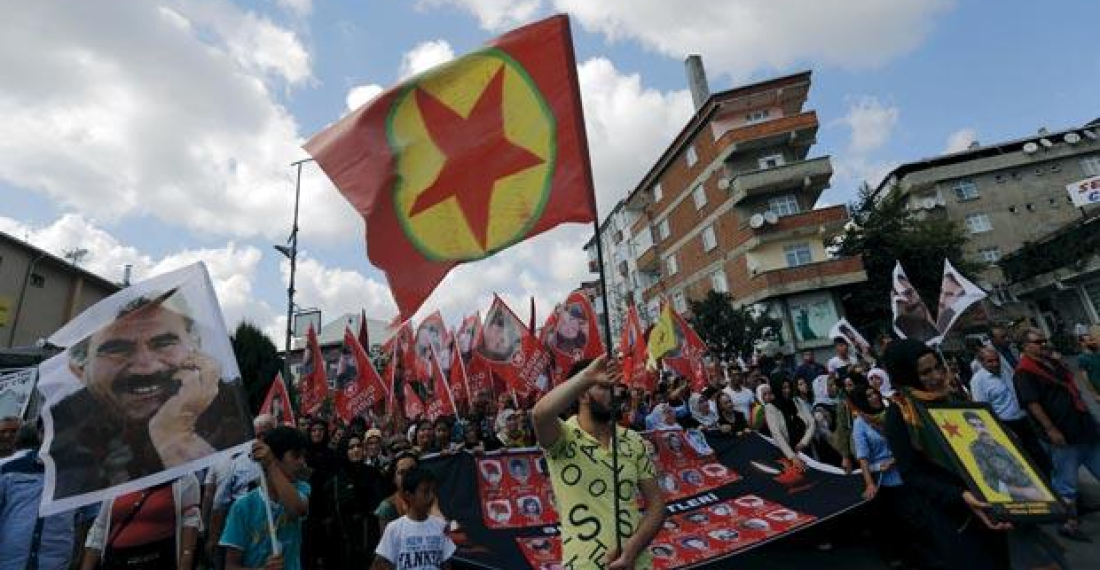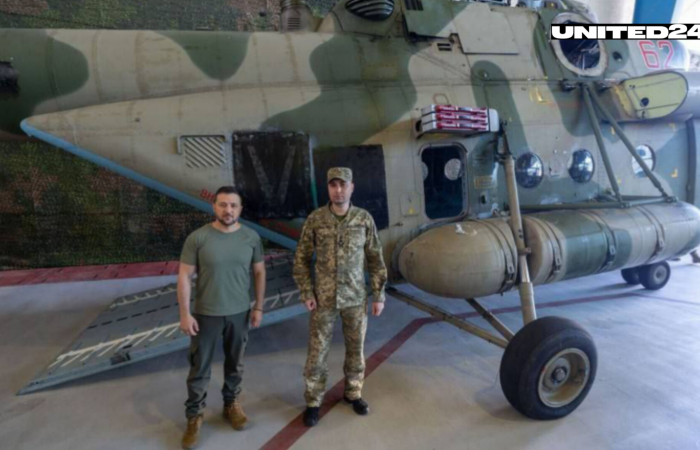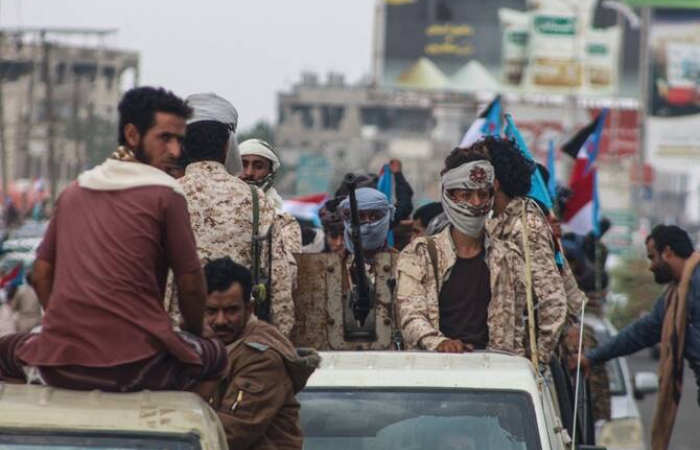The Kurdistan Workers Party (PKK) militant group, which has been in conflict with the Turkish state for more than four decades, has decided to dissolve itself and end its armed struggle, a news agency close to the group reported on Monday.
The PKK decision is set to have far-reaching political and security consequences for the region, including in neighbouring Syria where Kurdish forces are allied with U.S. forces.
The Firat news agency published what it said was the closing declaration of a congress that the PKK held last week in northern Iraq, in response to a call in February from its jailed leader Abdullah Ocalan to disband.
Turkish President Tayyip Erdogan's office and the foreign ministry did not immediately comment on the announcement.
More than 40,000 people have been killed in the conflict since the PKK launched its insurgency in 1984. It is designated a terrorist group by Türkiye and its Western allies.
Source: commonspace.eu with agencies. Photo: People march in Istanbul with flags and banners of pictures of victims who were killed in a 2015 bomb attack in Suruc.The flag in the foreground belongs to the Kurdistan Workers Party (PKK). PKK leader Abdullah Öcalan is featured on the poster. Reuters






